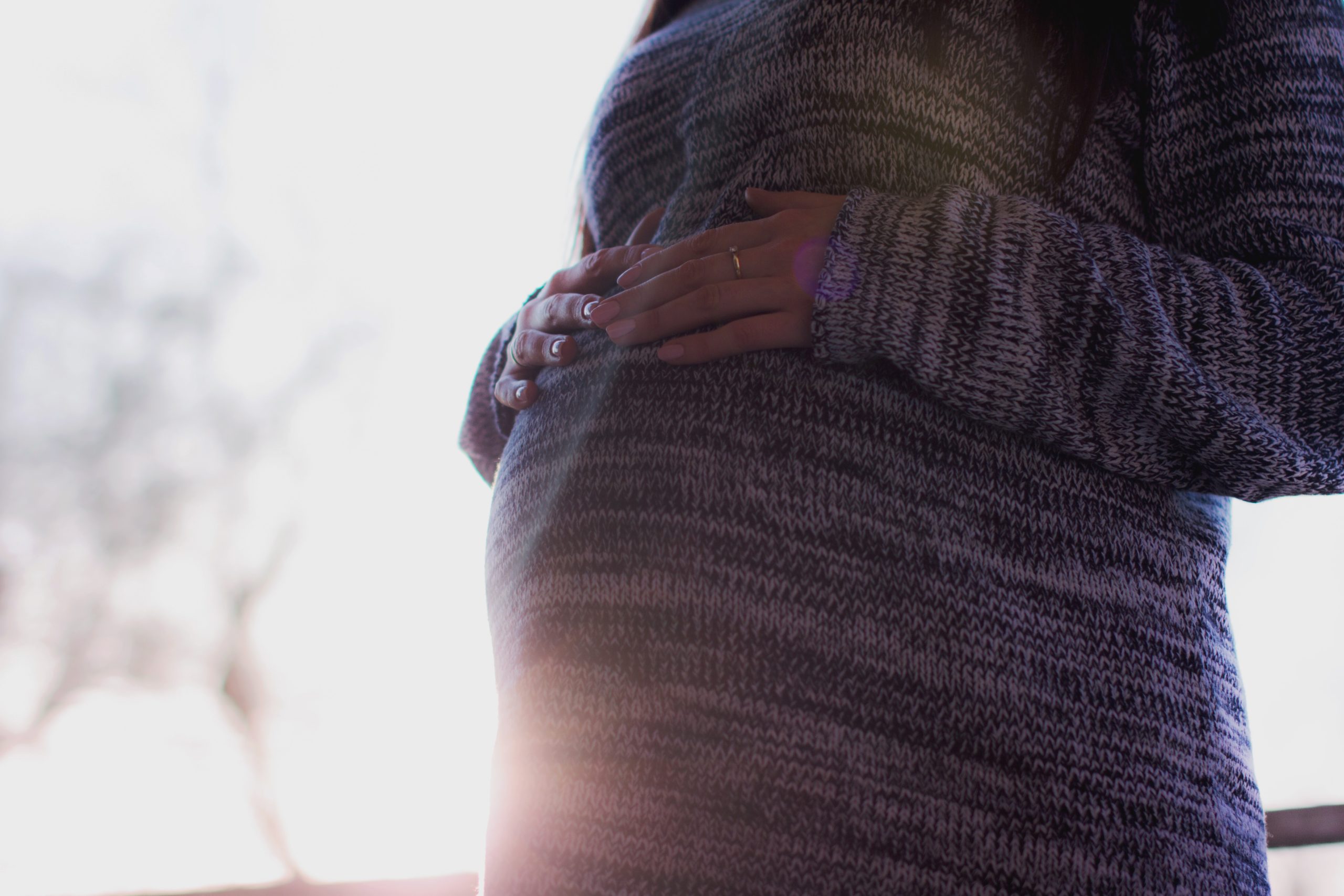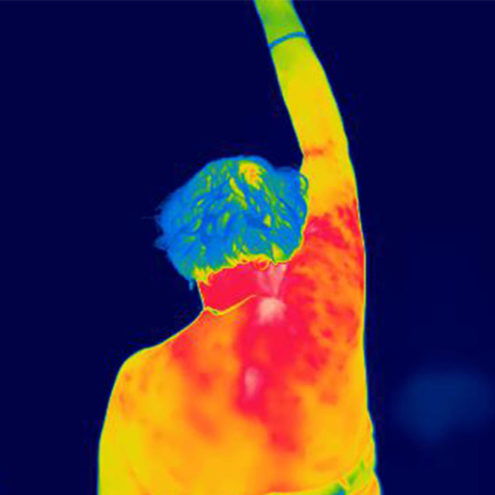Abdominal pain during pregnancy

Experiencing abdominal pain during pregnancy is common and can be due to a variety of factors. It’s important to understand why this happens and when it could be a sign of something more serious. At FasciaClinics, we are here to support pregnant women through their journey, offering understanding and treatment for their discomfort.
What is abdominal ache during pregnancy?
Common causes of abdominal pain during pregnancy
Abdominal pain during pregnancy can range from normal physiological changes to more specific conditions such as ligament pain or gas. It is not uncommon to experience mild cramping or abdominal discomfort in early pregnancy. This may be related to the implantation of the fertilized egg or early changes in the uterus.
It is also important to distinguish between normal abdominal pain and pain that may indicate complications. The most common causes of stomach pain during pregnancy include:
Growing uterus: As the uterus grows, it can press against other structures such as muscles, organs and ligaments, which can cause pain.
Tense ligaments: The ligaments that support the uterus can also become stretched and cause pain.
Hormonal changes: Hormones such as estrogen and relaxin make ligaments and joints more soft and flexible, which can lead to pain.
Ectopic pregnancy: This is a serious condition that requires immediate medical attention.
The difference between growing pains and ligament pain
Growing pains refer to pains linked to the growing uterus and its effect on surrounding muscles and tissues. Ligament pain, on the other hand, is caused by the ligaments that support the body and the uterus, stretching and thickening to provide extra support. Ligament pain can cause sharp pain, pulling sensation and cramping.
Why does your stomach hurt during pregnancy?
The role of ligaments and their influence
During pregnancy, the ligaments slowly stretch and thicken to support the growing uterus. This can lead to periodic or constant pain, cramping and pulling sensations.
Hormonal changes and their effects on the stomach
Hormonal changes during pregnancy, such as an increase in progesterone, can lead to relaxation of the muscles of the gastrointestinal tract. The high progesterone slows down the digestion of food, resulting in symptoms such as heartburn, constipation and gas.
Physical changes and adaptations during pregnancy
The body undergoes significant changes that can affect the stomach and internal organs. The growing uterus can put pressure on other organs. Pregnancy also causes the heart to beat faster as more blood is needed for the uterus and the growing fetus. Blood volume increases by almost fifty percent during pregnancy and the fluid in the blood increases more than the red blood cells. The activity of the kidneys also increases, which means that pregnant women may need to pee more often. The progesterone in the body makes you take more and deeper breaths. The digestive system is also affected by pregnancy, including a slower digestion with less stomach acid and a relaxed musculature of the gastrointestinal tract. The increased levels of oestrogen make the collagen in the body softer and more unstable, which means that the muscles may have to work harder to stabilize the body. The center of gravity shifts forward in the body, causing the back muscles to work harder to keep the body upright, which can cause back pain.
Symptoms and signs of stomach pain during pregnancy
Identification of ligament pain
Ligament pain is often characterized by short-term and sharp pains around the groin, hips and pubic bone. The pains usually occur on the sides of the abdomen or deep in the pelvic area. These pains may be aggravated by sudden movements, coughing, or sneezing.
Common symptoms and when you should seek treatment
In addition to ligament pain, pregnant women may experience a range of symptoms including cramps, bloating, gas and general discomfort. While these are often normal, some symptoms, such as severe cramping, bleeding, fever or persistent pain, may be signs of more serious conditions and require immediate medical attention.
How we can help you
At FasciaClinics, we understand the unique physical challenges and discomfort that can come with pregnancy. We offer a customized fascia treatment to relieve your stomach pain and other pregnancy-related issues. The fascia is the network of connective tissue that binds and permeates everything in our body. All cells, tissues (even bone tissue), muscles and organs contain fascia. Fascia is also very rich in pain receptors, known as nociceptors, which respond to stimuli such as pressure, and send signals to the central nervous system where it is interpreted as pain.
Our team of therapists uses manual methods and deep waves to relieve tension and pain. A fascial treatment focuses on releasing tension and adhesions in the fascia and increasing its flow. Reduced pressure and increased circulation allow cell membranes to more easily absorb nutrients and release waste products. The treatment is pleasantly relaxing and painless. During a visit, we analyze the whole body to see where compensations and imbalances are and how they have spread. If there is an imbalance in the body, there is a risk that they will spread further and affect other structures. That’s why it’s very important to seek help quickly as soon as you experience any symptoms.
During the treatment, the position of the pelvis and its impact on the legs and upper body are reviewed. We also soften the hip flexor muscles to reduce the load on the lumbar spine. Another important part of the treatment is to get the lymphatic system going by working on the diaphragm and pelvic floor. This can reduce problems such as swollen legs, headaches and morning sickness.
If you experience abdominal pain during pregnancy, it is important to listen to your body and not hesitate to seek professional help. At FasciaClinics, we are here to support and guide you through every stage of your pregnancy, from start to finish. Contact us to learn more about how we can help you manage your pain and promote a healthy pregnancy.
 Search
Search


































